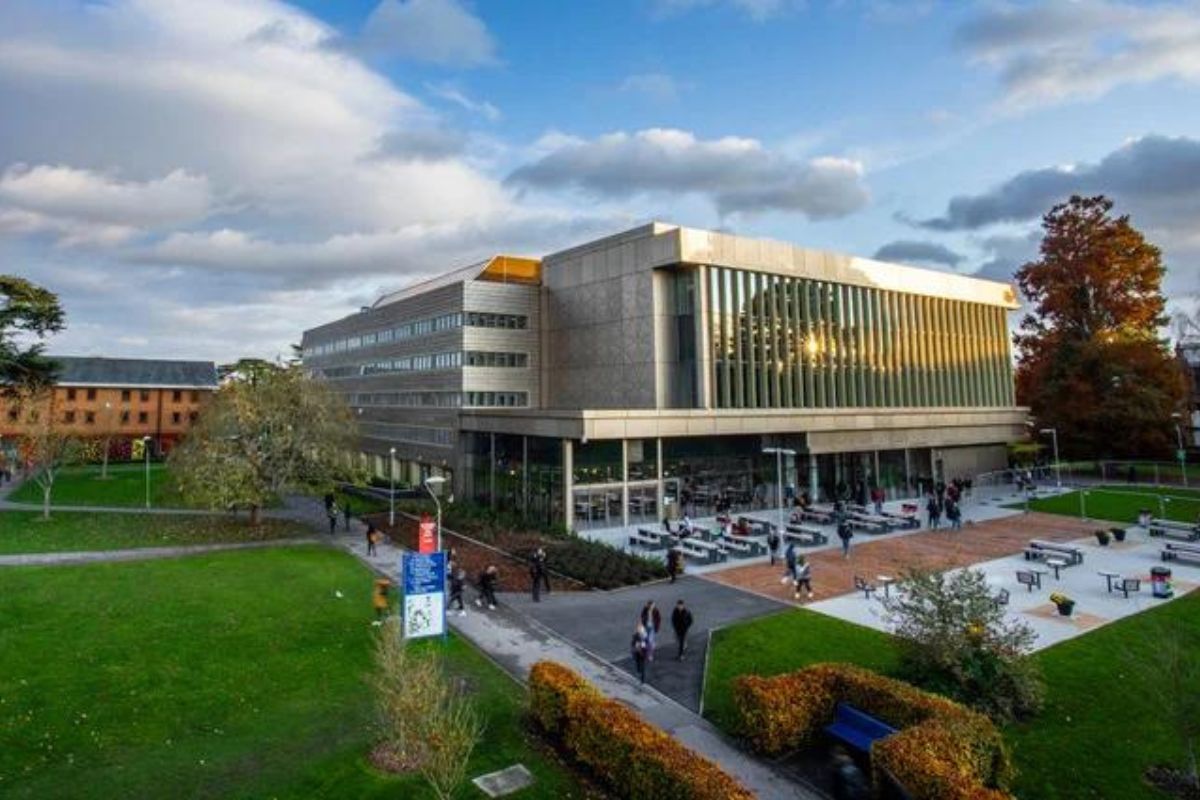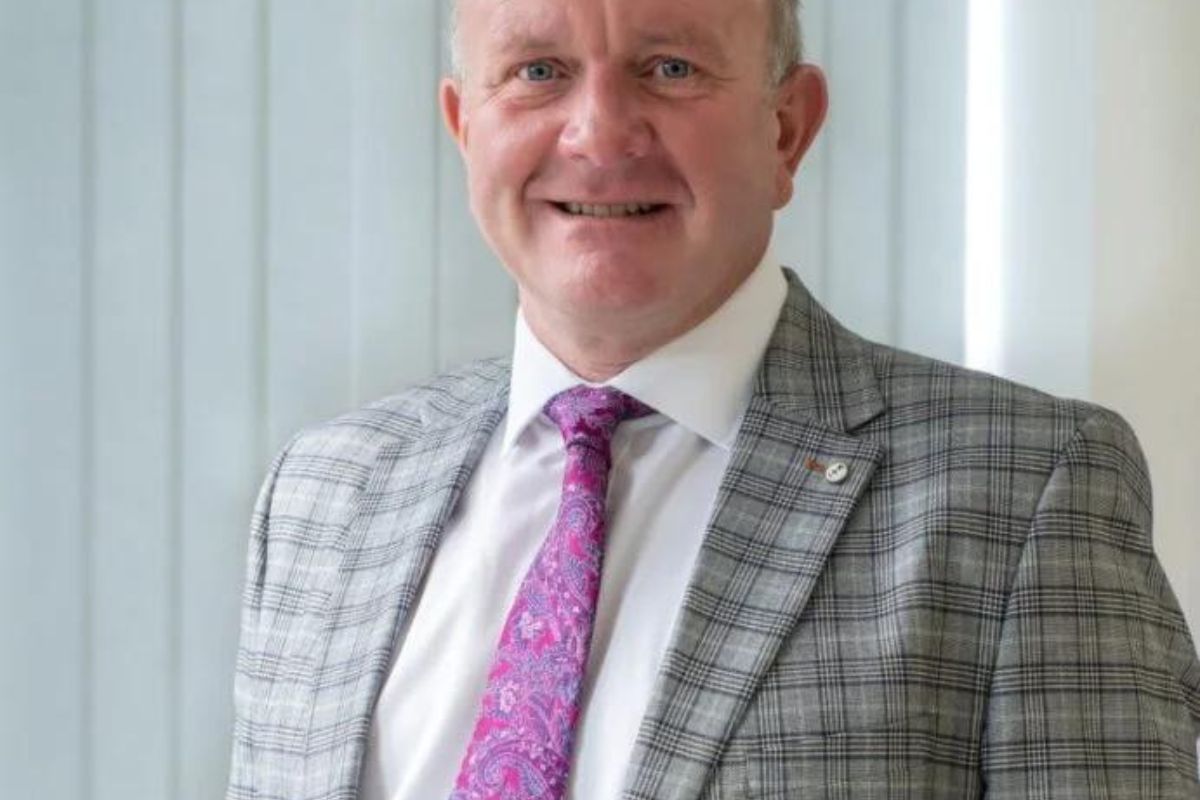THOUSANDS OF VULNERABLE INFANTS, CHILDREN & FAMILIES TO BENEFIT FROM MORE SUPPORT

Thousands of babies, children and families will benefit from a multi-million-pound package which will improve access to support, advice and services from birth through to adulthood.
Ensuring every child is properly supported throughout their life is vital for helping them thrive in future. The government is today announcing wide-ranging support across its flagship family programmes for those who need extra help to fulfil their potential, levelling up opportunities for children across the country.
To support parents, 75 local authorities have been announced as eligible for a share of £302 million to create new Family Hubs in their areas. These hubs give parents advice on how to take care of their child and make sure they are safe and healthy – providing services including parenting and breastfeeding support.
To further support children in their early years, £100 million of this funding will be shared among eligible areas to roll out bespoke parent-infant relationship and perinatal mental health support. Early intervention helps to improve children’s mental health and life outcomes, which is why this investment is an important step to better support the first few years of a child’s life.
A safe and stable home life is also vital for children’s future life chances, so the government is increasing its support for families who face multiple disadvantages and may need extra help to overcome the challenges they face.
Through its Supporting Families programme, 300,000 of the most vulnerable families will receive help from a dedicated keyworker who will offer practical assistance, such as hands-on parenting support – backed by £700 million. Among those who have been supported by the programme, young people are 38% less likely to end up in prison and 32% less likely to end up in care.
For those children who do grow up in care, and often face multiple challenges without the family support network that others take for granted, the government will provide extra help as they leave the care system and transition to independence. Backed by £172 million, care leavers will be able to access practical advice on housing, finance and employment.
These announcements come just ahead of the Easter holidays, when hundreds of thousands of children from low-income families will also benefit from the government’s Holiday Activities and Food programme which provides them with a healthy meal and an enriching activity to help them thrive.
Education Secretary Nadhim Zahawi said:
“If we are to level up outcomes for children facing the biggest challenges, this needs to start at home. Being part of a stable, loving family gives a child an early advantage, which is why we are investing so significantly in helping every family to access the vital services that help them and their children thrive.
“Evidence shows that some of the most disadvantaged families don’t access vital services. Family Hubs offer localised early help and intervention, from early years support to parenting classes, all of which can make a transformative difference in the lives of parents and carers who may not have a support network.
“We also have a responsibility to protect young people leaving care, to play our role fully as their corporate parent when their birth parents are unable. This funding will provide them with personal support and guidance as they embark on adult life and contribute fully to their own communities.”
New research published this week shows that last summer (2021) alone, almost three-quarters of a million children benefitted from fun activities and healthy food through the HAF programme. Of these, 616,000 children took up a free, government-funded place, for those who are either eligible for free school meals or considered by the local authority to be in need of this provision. Clubs around the country targeted disadvantaged young people to benefit their health and wellbeing, and 70 per cent of those surveyed had never before been to this kind of free summer holiday provision.
An additional £3.2 million in 2022-23 will help councils to prevent care leavers from sleeping rough as part of the Government’s manifesto commitment to eradicate rough sleeping by the end of parliament. The funding will allow councils to appoint specialist homelessness prevention advisers to provide intensive support to care leavers at highest risk of rough sleeping, as well as homeless prevention coordinators to improve the range and quality of accommodation options available to care leavers.
Minister for Levelling Up Communities, Kemi Badenoch said:
“Stable and secure families are the bedrock of society. We want vulnerable families to get the right support at the right time to stop problems from escalating.
“We’ve seen the significant impact the Supporting Families programme has had on families right across the country over the past decade and with the additional funding we’re providing, even more vulnerable families will be able to get the help they need.
“This is in line with the work set out in our Inclusive Britain strategy, which will help create a country where a person’s race, social or ethnic background is no barrier to achieving their ambitions.”
Today’s announcement follows a package of major reforms to education, health and care announced earlier this week, through the Schools White Paper and the Green Paper on Special Educational Needs and Disabilities and Alternative Provision. Taken together, these aim to transform the future of education so that every child, no matter their background, gets an excellent education.
Minister for Health, Maria Caulfield said:
“The 1,001 critical days from pregnancy to the age of two are crucial for development and impact a child’s health for the rest of their life.
“I’m committed to ensuring every child has the best start in life to enable them to reach their full potential – that’s why we’re Building Back Fairer and ensuring 75 local authorities with disproportionately poor health and educational outcomes will be eligible for additional funding to support families earlier and offer specialised help locally.
“Everyone should have a solid foundation on which to build their health and we are determined to tackle health disparities by levelling up the opportunities for children, no matter their background or where they grow up.”
Government Advisor and Chair of the Early Years Review, Dame Andrea Leadsom said:
“It is during the 1001 critical days from conception to age two that the building blocks for lifelong emotional and physical health are laid down. Providing joined up support for every parent and carer will be truly transformational in helping every baby get the best start for life.”
Andrea King, Director of Clinical Division, Anna Freud Centre said:
“We warmly welcome the additional investment from the Government into the continuing implementation of family hubs across England. It will provide much needed funds to support local children’s services leaders to collaborate and co-design support for some of our most vulnerable children and families, through the delivery of family hubs.
“By working within communities and alongside children’s services, family hubs are able to deliver early intervention and support services when the need arises. This funding will provide thousands of children and young people with more opportunity to fulfil their potential.”
The measures set out today demonstrate work across government to make sure families get the best start in life, ahead of the recommendations due this spring from the Independent Review of Children’s Social Care.
Funding for young people leaving social care will see several targeted support programmes continue for the next three years These include:
- £99.8 million for the Staying Put duty for local authorities, which helps care leavers stay with their foster families after they turn 18, potentially through to their 21st birthday. It means care leavers can continue to benefit from a stable and secure family setting, and prepare for independence at a more gradual pace, allowing them to lean on the supportive, nurturing family network.
- £36 million for the Staying Close programme, which supports more care leavers to live near their former children’s home with support from a trusted adult – providing stability and a safety net into adulthood.
- £36.4 million to help local authorities pay for Personal Advisers for care leavers. These advisors support care leavers up to age 25, helping them navigate services such as housing, health or benefits and providing practical or emotional support to help them prepare for the challenges of living independently.












Responses